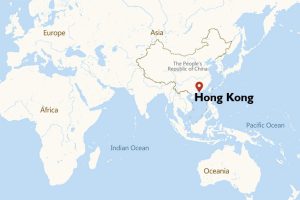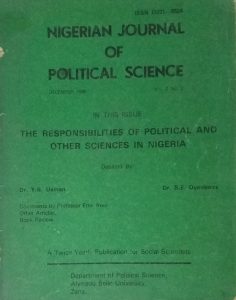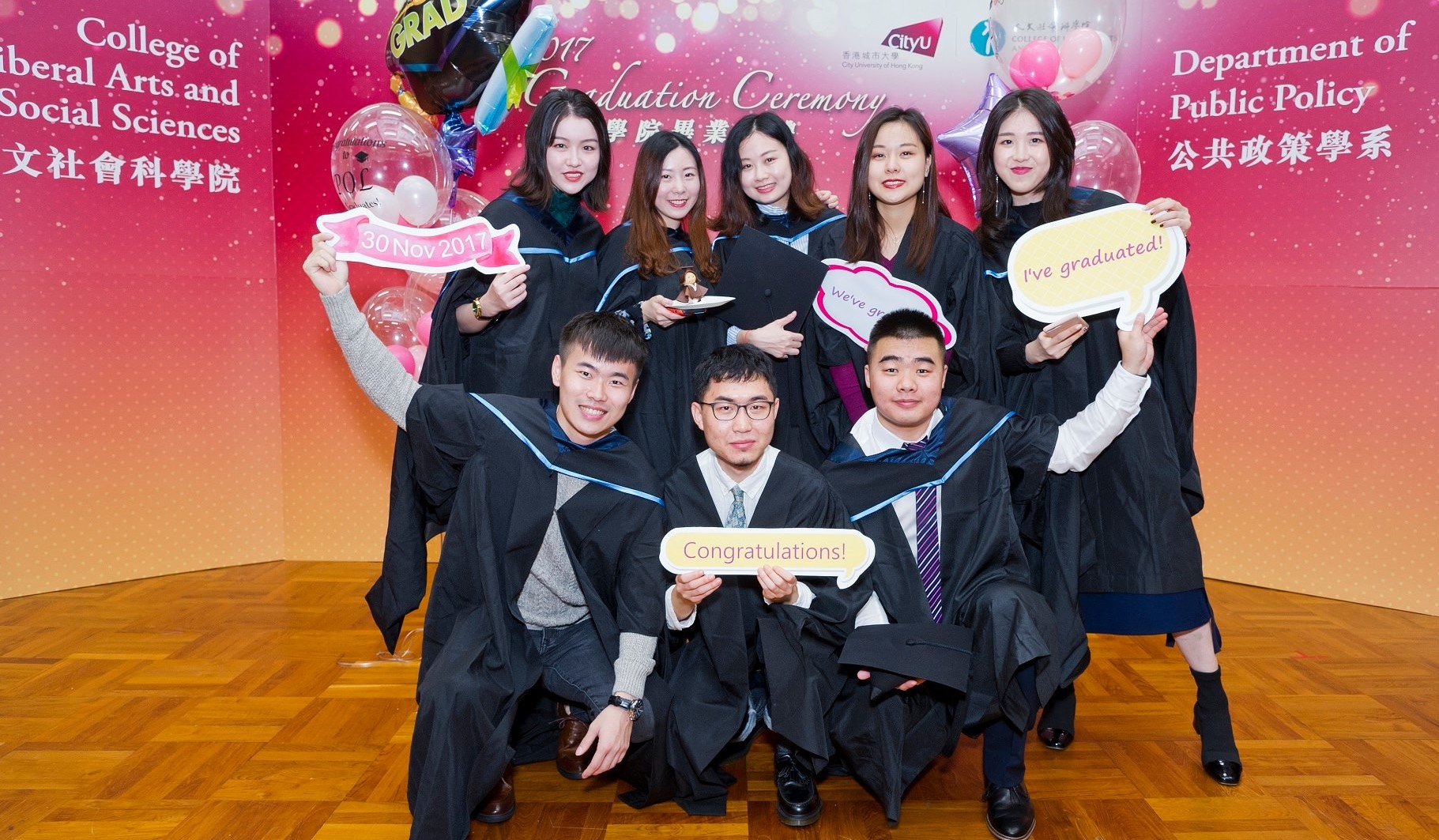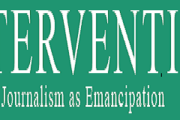A University World News report suggests that things might no longer be at ease for the discipline of Political Science in Hong Kong in particular but also across Chinese academies. It is still not clear why the exercise merits a standalone story.
At the University College London, one of the permanent global top 10 in the QS ranking, for example, Political Science exists in the School of Public Policy. At the University of St Andrews still in the UK, much of the Political Science studied there is in the School of International Relations which is itself in the cusp of name change from International Relations to Global International Relations so as to de-Westernise the content. Above all, there is a move to rename Political Science altogether. No new name has emerged as consensus.
Could it be the case that the wiping off of the Political Science nomenclature that characterise the new turn in Hong Kong is directed at Political Science as the report suggests or is it just a realignment of nomenclature (but not content) just for the discipline to capture new trends?
The mainland China exercise of ideological control over Hong Kong is what might make this exercise interesting even as there is hardly much difference between Political Science in the West and in China, barring cultural and ideological specificity in the framing of the key questions. Otherwise, substantial number of the academics on the staff list in Hong Kong universities, Singapore and even Mainland China, not to talk of India, are products of leading American and British universities.
Whichever it is, this trend should interest a country such as Nigeria, given the knowledge/power pair. As the risen power, what happens to knowledge production in China must interest any serious country. The report written by Yojana Sharma reads:
Following the latest downgrading of the discipline, academics in Hong Kong are privately lamenting the decline of political science, which they say is regarded by the city’s universities, under scrutiny from Chinese authorities, as ‘risky’.
Last month, Hong Kong’s Chinese University (CUHK) completed a restructuring of its renowned political science department, downgrading it to a programme after merging the department into a new School of Governance and Policy Science (SGPS) — previously part of the Faculty of Social Sciences.

Hong Kong in global space
The new school will have a strong focus on public administration rather than politics and will offer undergraduate degrees in global studies, data science and policy studies.
In a message on the new school’s website, its inaugural director, Pierre Landry, a professor of Asian and Chinese politics, said: “SGPS is a multidisciplinary endeavour to bring together students and researchers who aim to better understand and make a difference in our fast-changing world.
“Both the content of our teaching and the research undertaken at SGPS reflect the fast tempo of changes at the global and local levels that are reshaping governance, public policy, as well as domestic and international politics.”
He added: “Given Hong Kong’s unique role in greater China and Asia, many SGPS scholars have extensive experience in the region as well as in China studies.”
City University of Hong Kong (CityU) has also downgraded its politics department following a 45% decline in student applications in 2021. The Departments of Public Policy and Asian and International Studies have been merged into a Department of Public and International Affairs.
“Only one university politics department in Hong Kong still uses its original name. Others have all changed,” said Alfred Wu Muluan, associate professor at the Lee Kuan Yew School of Public Policy at the National University of Singapore and a former research associate at Hong Kong’s CityU.
He was referring to the University of Hong Kong’s Department of Politics and Public Administration which remains intact. Others have dropped words like ‘government’ or ‘politics’ from departmental titles.

Back to the debate on what Political Science should do for a nation
Self-censorship by Universities
Wu attributed these changes over the past few years to a “self-censorship” by universities that has been prevalent in Hong Kong since the 2020 National Security Law was imposed on the city by Beijing.
“Having a department in Hong Kong that has ‘politics’ in its name is seen as likely to attract undue attention from Beijing,” Wu told University World News.
Universities in Hong Kong “worry it will attract government criticism, so they try their best to reduce the risk”, he said, pointing to Beijing’s strong emphasis on security.
“It reflects an overall trend, particularly in ‘Greater China’,” he added. ‘Greater China’ is a term often used to refer to China, Hong Kong, Macau and Taiwan.
“I think the change reflects an overall public disengagement with social and political issues in Hong Kong,” said Ian Chong Ja, an associate professor of political science at the National University of Singapore.
Academics in Hong Kong have said they are concerned that Hong Kong’s role as a centre for analysing China was diminishing, with many political science professors emigrating as the field narrowed at universities in Hong Kong.
“Limited attention to political science means an overall reduced ability to understand politics systematically. In this case, there is likely to be less organic ability in Hong Kong to understand its own political system, as well as those in the PRC and elsewhere,” noted Chong.
Speaking on condition of anonymity, a former CUHK academic said CUHK’s politics department had been renowned in the region, producing, over the course of more than five decades, specialist analysts, political scientists and China watchers, including many of the city’s legislators of all political leanings.
“Political science is becoming an endangered species in Hong Kong,” he said with some pessimism. “Any independent political study of Hong Kong is anathema to China. Hong Kong is one of the sensitive topics that is heavily censored on the Mainland and China is stressing its own narrative of Hong Kong with an emphasis on its economic role as part of the Greater Bay Area,” he said, referring to the drive to integrate the city with China’s neighbouring Guangdong province.

Is it possible it is all about students’ preference for policy insights as opposed to mastering what Plato, Confucius, Lenin or Mao said or didn’t say?
Lack of Demand
Previous head of CUHK’s old department of Government and Public Administration, Carlos Wing-Hung Lo, told local media prior to the restructuring there was “too much emphasis” on politics in the department, as more than three quarters of the department’s 20 faculty were political scientists.
He suggested at the time that the focus on politics “weakened graduates’ competitiveness” on the job market.
The move to restructure the department was first revealed in 2022, after CUHK cited a decline in local applicants to the department – a drop of 30% compared to the 2020 academic year – and pointed to “long-term financial challenges” as reasons behind the restructuring.
This came in the wake of the crackdown on pro-democracy protesters in Hong Kong during the 2019 protests that rocked the city for months — the trials of many student protesters are still ongoing – and the Beijing-imposed National Security Law on Hong Kong in June 2020.
But the change was only approved by the CUHK council this February. During a prior consultation exercise conducted by CUHK, several politics alumni expressed concern the university would reduce or eliminate “politically sensitive courses” for fear of falling foul of national security ‘red lines’.
CUHK has made verbal assurances to local media that no courses would be scrapped “in the short term”. The old department taught courses in Hong Kong politics, democratisation, critical debates in Hong Kong politics as well as contentious political issues in China.
‘Apolitical’ Students and Public
Universities and government officials have repeatedly claimed students in Hong Kong are ‘apolitical’ or not interested in politics despite evidence from the 2014 Umbrella movement, when young people as young as 14 were heavily involved in protests, and the 2019 protests initiated by students.
“What I understand from speaking with people doing research on Hong Kong is that interest in politics has not necessarily reduced, but people are less willing to reveal that they have an interest. There is also a view that politics and related fields no longer offer viable opportunities for employment,” Chong noted.
A survey of members of the public released by CUHK’s Hong Kong Institute of Asia-Pacific Studies this week showed that almost 60% of respondents expressed a lack of interest in politics, a decrease of 4.1 percentage points from around 63% last year, while those interested in politics increased by 6.6 percentage points from 34.2% last year to 40.8%.
Wu said he was surprised interest in politics was as high as 40%, and said it pointed to a ‘legacy’ of freedom of expression and participation in Hong Kong politics prior to the national security law, adding Hong Kong’s freedom of thought “cannot be changed overnight”.
Chong said: “The reduced interest in political science classes is a function of expectations that there will be more political control. That engagement in politics is likely to invite pressure from the political authorities. Rather, it may be (perceived to be) better to disengage from Hong Kong and the PRC politically.”




























